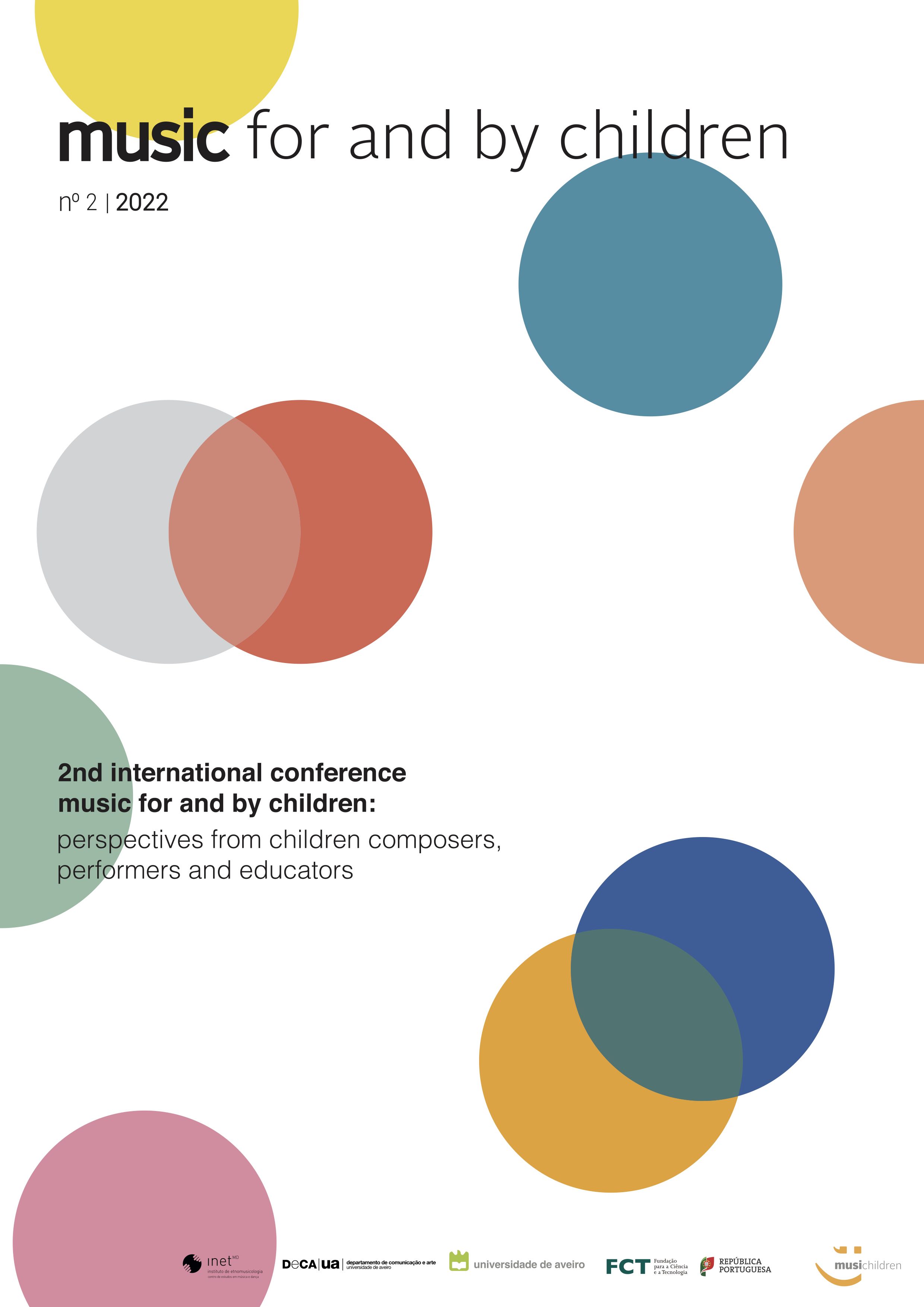New Methodologies for Teaching Trumpet and Music Theory to Children in Basic Courses
Abstract
The recent regulation of the Italian Conservatories have finally established and activated “ad hoc” courses aimed at the didactics for the youngest students (ages 5 and up) named “Basic Courses”. The main aim of these training courses is to introduce students to music and get them to study it from the earliest age and to provide them with the fundamental bases of the instrument. It has been seen that the exposure of children to the study of music produces benefits in lots of fields such as the socio-familiar one (stimulating social interaction, cooperation, etc.) and the educational-training one (stimulating the memory, creativity, auditory perception, ability to listen, expressive capacity, movement coordination, sense of rhythm, etc.) Unfortunately, it happens, in the vast majority of cases that requests for attendance at these courses are directed toward the study of “best known and tested instruments for this age group”, such as piano, percussions, violin, flute, etc. Lots of the most feared instruments, such as the trumpet do not see suitable participation. The reasons related to this issue may be of various kinds: 1) difficulty for younger students to approach to the study of the instrument; 2) lack of visibility and spread of the instrument; 3) limited instrumental repertoire; 4) shortage of methods and suitable books for the teaching of the instrument; 5) lack of knowledge of suitable tools for the support of children’s didactics, to avoid physical problems caused by the excessive weight/size of the instrument and from the early studying of it; 6) shortage of properly prepared teachers, educational and methodological practices for the youngest ones. The main target of this project consists of stimulating and encouraging teachers to re-evaluate the teacher’s role by experimenting with “new” inclusive teaching methods focused on playing and on cooperative learning. The methodological approach to each activity must be playful and must promote 1) dynamics of musical thought; 2) creative process, elaboration, and improvisation; 3) integration and inclusion; 4) metacognition and critical sense; 5) the construction of an imaginary path that may combine every day, the unusual, the traditional and the innovation; 6) the development of a proper basic approach for the trumpet practice [breathing, sound emission, posture, balance, etc.] this path will stimulate students curiosity and bring them to study the trumpet from an early age, channelling them to proper training courses.
Copyright (c) 2023 Music for and by children

This work is licensed under a Creative Commons Attribution 4.0 International License.





